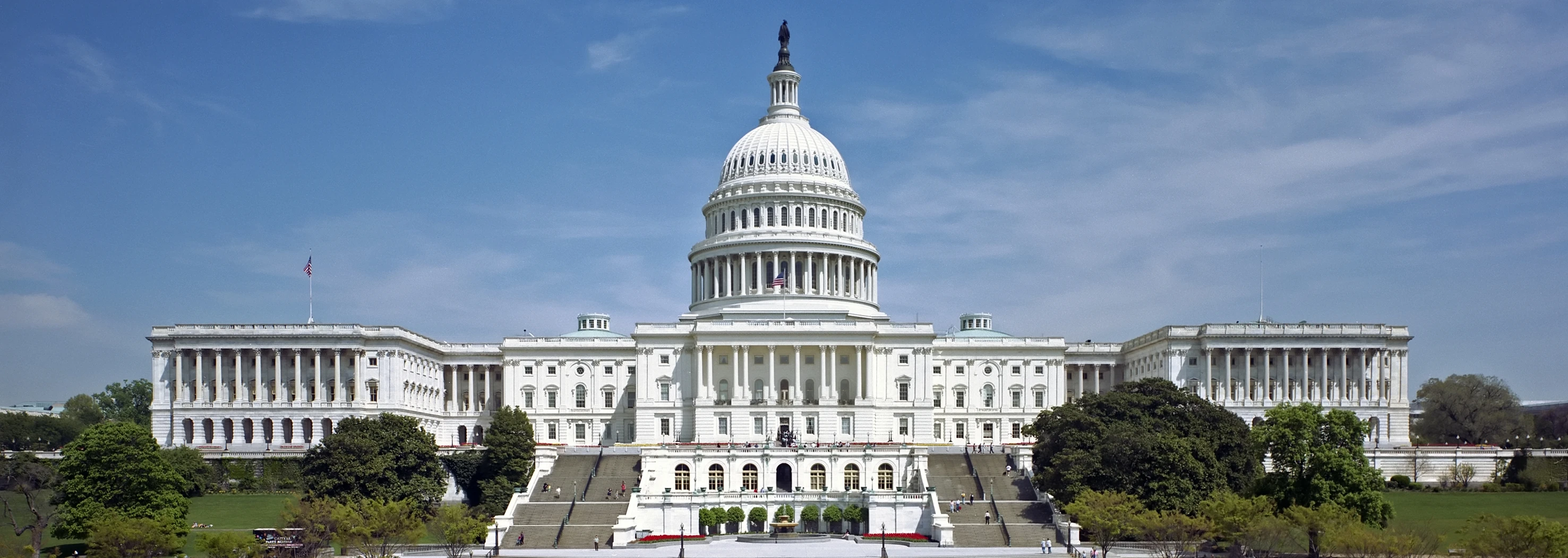Expanding the U.S. House of Representatives

Introduction
The United States House of Representatives has been capped at 435 members since the Permanent Apportionment Act of 1929. However, with a rapidly growing population, this fixed number has led to larger congressional districts, reduced representation, and decreased accessibility for citizens. This policy proposal advocates for expanding the House of Representatives to one member for every 30,000 persons, in line with the original intent of the Founding Fathers. This change would bring numerous benefits, including reducing corruption, allowing members to work in state capitals, and giving citizens greater access to the federal government.
Reducing Corruption
Expanding the House of Representatives would make corruption more difficult. With a significantly larger number of representatives, it would be harder for special interest groups and lobbyists to exert undue influence. The increased number of representatives would dilute the power of any single member or small group of members, making it more challenging for corrupt activities to go unnoticed. Additionally, a larger House would enable more comprehensive oversight and accountability mechanisms, further reducing the potential for corruption. By dispersing power more broadly, the influence of money in politics would be lessened, leading to a more transparent and ethical legislative process.
Enhanced Representation for Minorities and Marginalized Communities
A larger House of Representatives would increase the likelihood of minority and marginalized communities being represented. Smaller districts would allow for a more diverse range of candidates to run for office, leading to a more inclusive legislative body that better reflects the demographics of the nation.
Improved Deliberation and Decision-Making
With a greater number of representatives, the House would benefit from a wider array of perspectives and expertise. This diversity of thought could lead to more comprehensive and well-rounded discussions, resulting in better-informed decisions and more effective policies.
Strengthening Local Accountability
Representatives in smaller districts would be more accountable to their constituents, as they would be closer to their communities and more attuned to their needs. This increased accountability could lead to higher levels of trust and engagement between citizens and their elected officials.
Encouraging Civic Participation
The expansion of the House could inspire greater civic participation, as more citizens would feel that their voices matter and that they have a direct impact on the political process. This increased engagement could lead to a more active and informed electorate.
Mitigating Gerrymandering
With a larger number of districts, gerrymandering would become more difficult to implement effectively. The increased number of representatives would make it harder to manipulate district boundaries to favor a particular party, leading to fairer and more equitable representation.
Working in State Capitals
Allowing members of the expanded House of Representatives to work in their respective state capitals rather than in Washington, D.C., would bring governance closer to the people. This decentralization would reduce the costs associated with travel and accommodations for representatives and their staff. It would also facilitate more frequent and meaningful interactions between representatives and their constituents, as they would be more accessible and present within their own states. Additionally, working from state capitals would help representatives better understand and address the unique needs and concerns of their local communities, leading to more effective and tailored legislation.
Greater Access for Citizens
Expanding the House of Representatives would give citizens greater access to the federal government. With smaller districts and more representatives, constituents would have a closer and more direct connection to their elected officials. This increased accessibility would empower citizens to voice their concerns, participate in the legislative process, and hold their representatives accountable. Furthermore, a larger House would encourage greater diversity among representatives, as more voices and perspectives would be included in the legislative body. This inclusivity would ensure that the diverse needs and interests of the American population are better represented and addressed.
Conclusion
In conclusion, expanding the House of Representatives to one member for every 30,000 citizens represents a transformative step towards a more just, accountable, and participatory democracy. By increasing the number of representatives, we can significantly reduce the potential for corruption as power is more evenly distributed among a larger pool of elected officials. Enhanced representation for minorities and marginalized communities ensures that their voices are heard and their needs are addressed more effectively, fostering a more inclusive society.
Improved deliberation and decision-making are achieved through a more diverse and representative body of legislators who bring a wider range of perspectives and expertise to the table. Strengthening local accountability ensures that representatives are more attuned to the specific concerns of their constituents, leading to more responsive and effective governance. Encouraging civic participation by making each vote count more significantly empowers citizens to engage more actively in the political process, fostering a sense of ownership and responsibility for the direction of their communities and country.
Mitigating gerrymandering through a more granular representation structure helps ensure that electoral boundaries are drawn more fairly, reflecting the true demographic and political landscape of the nation. Finally, providing greater access for citizens to their representatives strengthens the bond between the electorate and their government, promoting trust and transparency in the democratic process.
This proposal not only addresses the pressing issues of corruption, underrepresentation, and gerrymandering but also paves the way for a more vibrant and engaged civic life. It is a visionary and pragmatic approach to modernizing our legislative framework and ensuring that our democracy remains robust, responsive, and reflective of the diverse and dynamic nation we call home.








